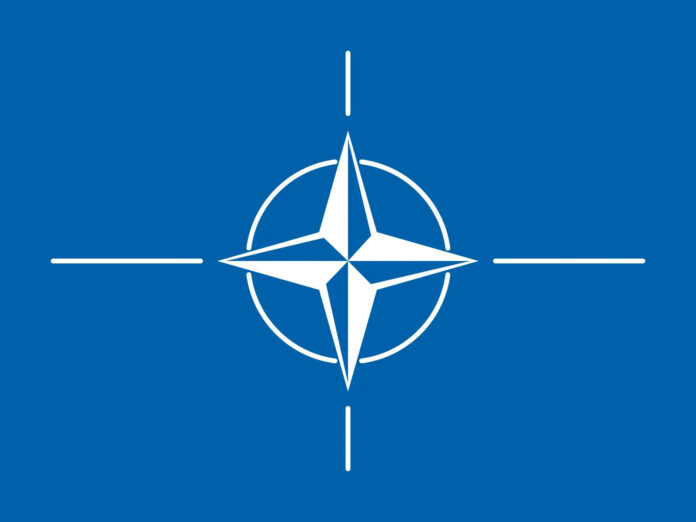British Prime Minister Keir Starmer has committed to boosting the United Kingdom’s defence and security spending to 5% of GDP by 2035, marking the highest commitment since the Cold War era. The announcement aligns with a newly agreed NATO target amid intensifying geopolitical instability and rising concerns over threats to national security.
Speaking en route to a two-day NATO summit in The Hague, Starmer said, “It’s pretty obvious we’re living in volatile times, probably more volatile than most of us have lived through recently.” The move follows growing pressure from U.S. President Donald Trump for Europe to shoulder more responsibility for its own defence.
Earlier this year, Britain had announced plans to increase defence spending to 2.5% of GDP by 2027, up from 2.3% in 2024. However, the newly pledged 5% target raises significant fiscal questions, particularly regarding the source of the additional £30 billion ($41 billion) annually needed to meet the commitment. Starmer dismissed concerns that welfare programs would face cuts, despite growing pushback from within his party.
A newly released National Security Strategy underlines the shift in policy, stating the UK must now prepare for the possibility of direct threats on home soil, including wartime scenarios. Citizens will be required to participate in “national resilience exercises” to build readiness for potential domestic attacks.
Under the revised breakdown, 3.5% of GDP will be dedicated to traditional defence, while 1.5% will be allocated to broader security initiatives. Downing Street expects total spending to rise to 4.1% of GDP by 2027 as an interim milestone.
The strategy also incorporates findings from six separate reviews since the Labour government took office, including an extensive audit of UK-China relations. However, in a surprise move, the government announced that the audit would not be published separately due to national security concerns.
Despite increased Chinese spying and interference, the UK plans to continue economic engagement with Beijing. Foreign Minister David Lammy told Parliament that China presents a “sophisticated and persistent threat” but noted that engagement is essential, adding, “China’s power is an inescapable fact.”
Amid global instability, particularly ongoing tensions between Iran and Israel despite U.S.-brokered ceasefires, Starmer reiterated the need for de-escalation. “I want the ceasefire to continue, and therefore, obviously, the sooner we get back to that, the better,” he said.




